Augmine
✅ Treats stubborn infections
✅ Prevents bacterial resistance
✅ Reduces infection symptoms
✅ Broad-spectrum effectiveness
✅ Speeds up healing
Augmine contains Amoxycillin and Clavulanic acid.
Product Overview
Augmine is a combination medication containing Amoxycillin and Clavulanic acid, designed to treat bacterial infections resistant to standard antibiotics. Amoxycillin, a penicillin-class antibiotic, works by disrupting bacterial cell wall synthesis, leading to bacterial death. Clavulanic acid enhances this action by inhibiting beta-lactamase enzymes that would otherwise render Amoxycillin ineffective. This synergistic combination makes Augmine particularly effective against respiratory infections (sinusitis, pneumonia, bronchitis), skin/soft tissue infections, urinary tract infections, and otitis media. Its broad-spectrum activity provides rapid symptom relief while combating antibiotic resistance.
Uses
Augmine is indicated for treating various bacterial infections including:
- Respiratory tract infections (sinusitis, pneumonia, bronchitis)
- Skin and soft tissue infections (cellulitis, wound infections)
- Urinary tract infections
- Otitis media (middle ear infections)
Its enhanced efficacy against beta-lactamase producing bacteria makes it particularly valuable for resistant infections where other antibiotics fail.
How to Use
For optimal results:
- Take exactly as prescribed, typically every 12 hours
- Swallow tablets whole with water (do not crush/chew)
- May be taken with food to reduce stomach upset
- Complete full course even if symptoms improve
- Maintain consistent dosing intervals
How it Works
Augmine’s dual-action mechanism:
- Amoxycillin: Inhibits bacterial cell wall synthesis → bacterial lysis
- Clavulanic acid: Irreversibly binds beta-lactamase enzymes → prevents amoxycillin degradation
This combination extends spectrum to include beta-lactamase producing organisms.
Dosage and Administration
| Population | Dosage | Frequency |
|---|---|---|
| Adults & children >40kg | 500-1000mg | Every 12 hours |
| Children <40kg | Weight-based | As prescribed |
Important notes:
- Never double dose for missed administration
- Renal impairment may require dose adjustment
- Take at consistent times daily
Benefits
- Broad-spectrum coverage including resistant strains
- Rapid symptom resolution
- Pediatric-friendly formulations available
- Convenient twice-daily dosing
- Proven efficacy in diverse infections
Common Side Effects
Most frequent (≥1% incidence):
- Gastrointestinal: Nausea, diarrhea, vomiting
- Dermatological: Mild skin rash
- Neurological: Headache, dizziness
These typically resolve without intervention. Report persistent or severe effects.
Common Concerns
Key considerations:
- Penicillin allergy contraindication
- Potential for antibiotic-associated diarrhea
- Hepatic/renal impairment monitoring
- Drug interactions (especially anticoagulants)
- Reduced contraceptive efficacy
Warnings
Important precautions:
- Contraindicated in penicillin allergy
- Monitor liver function with prolonged use
- May cause Clostridium difficile-associated diarrhea
- Potential for fungal superinfections
- Avoid alcohol during treatment
Storage Information
Proper storage guidelines:
- Store at 20-25°C (68-77°F)
- Protect from moisture and light
- Keep in original packaging
- Store away from children/pets
- Do not use expired medication
Disclaimer
This information is for educational purposes only and does not constitute medical advice. Always consult your healthcare provider regarding:
- Proper diagnosis
- Treatment options
- Potential drug interactions
- Individualized dosing
The content is expert-reviewed but cannot replace professional medical judgment. Report any adverse effects immediately.
| Strength | 375 mg, 1000 mg |
|---|---|
| Quantity | 30 Tablet/s, 60 Tablet/s, 90 Tablet/s, 180 Tablet/s |
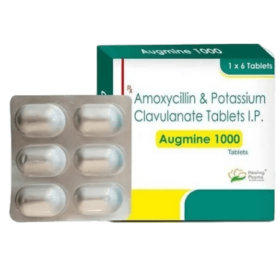 Augmine
Augmine









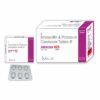



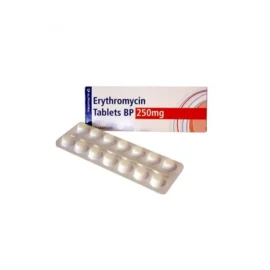
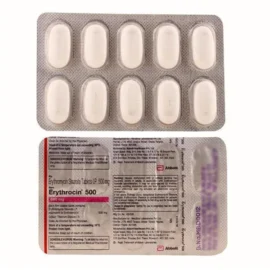
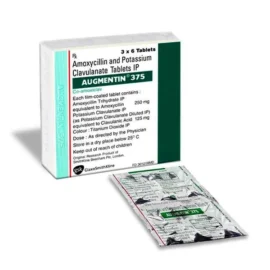
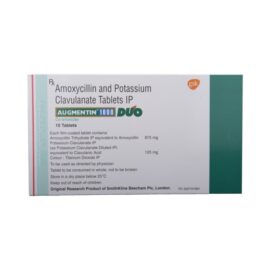
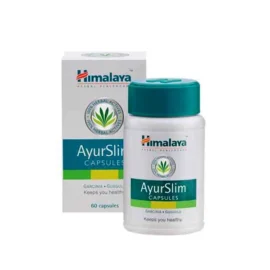
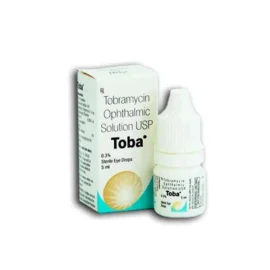
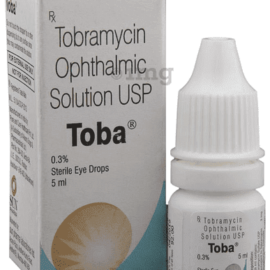

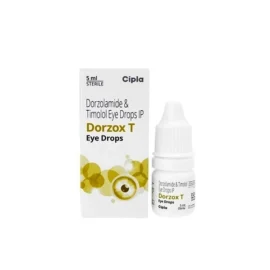
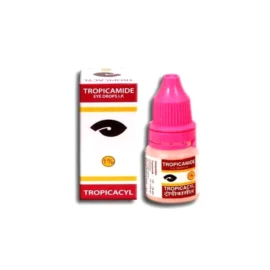
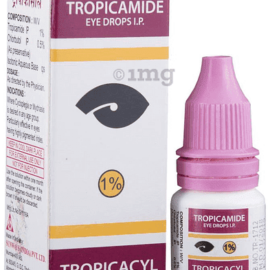
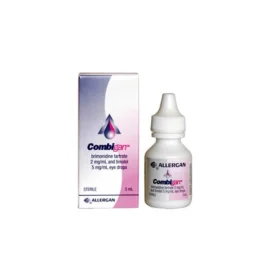
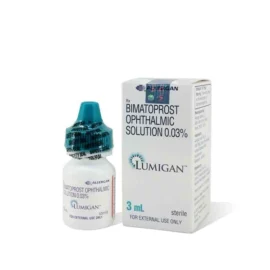
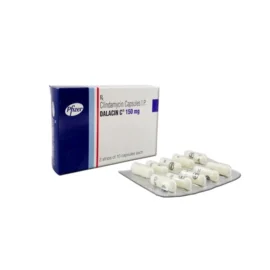
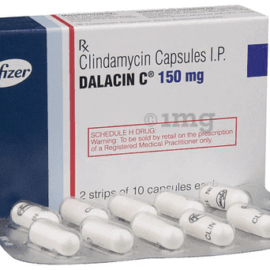


Reviews
There are no reviews yet